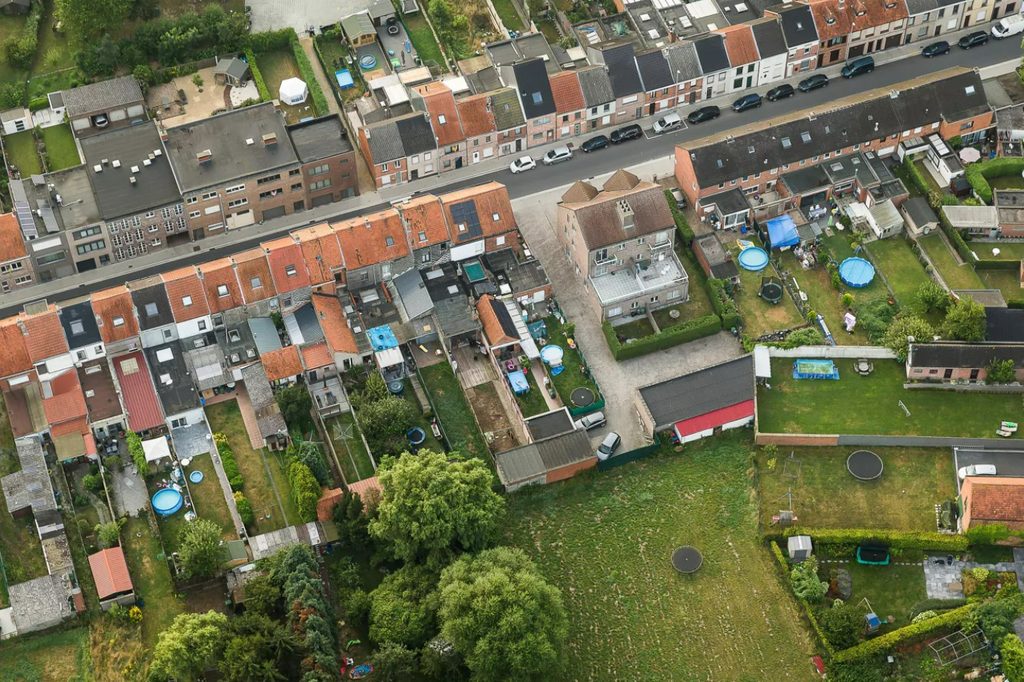The Flemish Parliament has approved a number of key components of the Government's so-called "construction shift" plan – previously called the "concrete stop". These will ensure that the region's few remaining open spaces do not become built-up.
Though not an immediate measure, the construction shift will mean that by 2040, no houses can be built on the open spaces in Flanders. It comes after more than 5 hectares of open space disappeared every day between 2013 and 2019. The Flemish government last year decided that people who own land in "residential reserve areas" would receive full compensation at the market price if their land is reallocated.
The term "residential reserve area" is used to refer to several types of land that could be used to build houses on sites that are not already brownfield areas. Today, these are mainly regarded as "spare" areas that can only be accessed if there is a concrete need for housing.
The compensation fee is currently at 80% of the indexed value paid at the time of purchase. A construction shift fund will be created, to which will be allocated €100 million each year.
With undeveloped 'residential reserve areas' accounting for approximately 12,000 hectares, these spaces will now be under the jurisdiction of municipal councils, who may decide to lift the restrictions in rare circumstances.
Holding back the urban sprawl
When pushed on the plan, the Flemish Government (composed of rightwing N-VA, Christian democrat CD&V and liberal Open VLD parties) defended the scheme. They affirmed their confidence in local authorities and the neutral land commissions, which will determine the compensation fees on the basis of 13 fixed factors.
For Wilfried Vandaele (N-VA), Tinne Rombouts (CD&V) and Steven Coenegrachts (Open VLD), the scheme will safeguard open space in Flanders. This is in line with the demands of many cities and municipalities, which currently have limited powers to prevent the urbanisation of residential reserve areas.
The regulation will provide "the greatest decree protection of open space ever," said Flemish Environment Minister Zuhal Demir. "It gives a strong boost to the construction shift and the prevention of extra paving."
Demir cited Italy's recent floods and those in Wallonia two years ago, seeing them as examples of the perils of having too much paved surface and a lack of open space. "This is an important legislative instrument to protect Flanders against flooding and drought."
Related News
- More and more of Belgium's territory is built up
- Rainwater will no longer end up in sewers in Brussels
- Preserving open space: Flanders tightens restrictions on urban spread
But for the left-wing opposition parties in the Flemish government (ecologists Groen, socialists Vooruit and radical leftists PVDA), the plans won't steer the construction shift in the environmental direction that it ultimately aims for. They also warn that it risks becoming unaffordable, referring to an expert calculation by the Construction Shift Task Force, who expect the measure to cost €6.8 – €31 billion.
Group leader of the greens in the Flemish Parliament Mieke Schauvliege – who unsuccessfully tried to postpone the vote deemed the plans "impracticable and unaffordable." She dismissed the scheme as "service politics through and through", arguing that "2% of the Flemish people will receive an excessive compensation and the other 98% will have to cough up billions."
Flemish MP for Vooruit, Bruno Tobback, said that the compensation scheme will mainly benefit speculators and will be a "burden on any forward-looking policy" adding that "Flanders is being anchored in the past with this decision."

